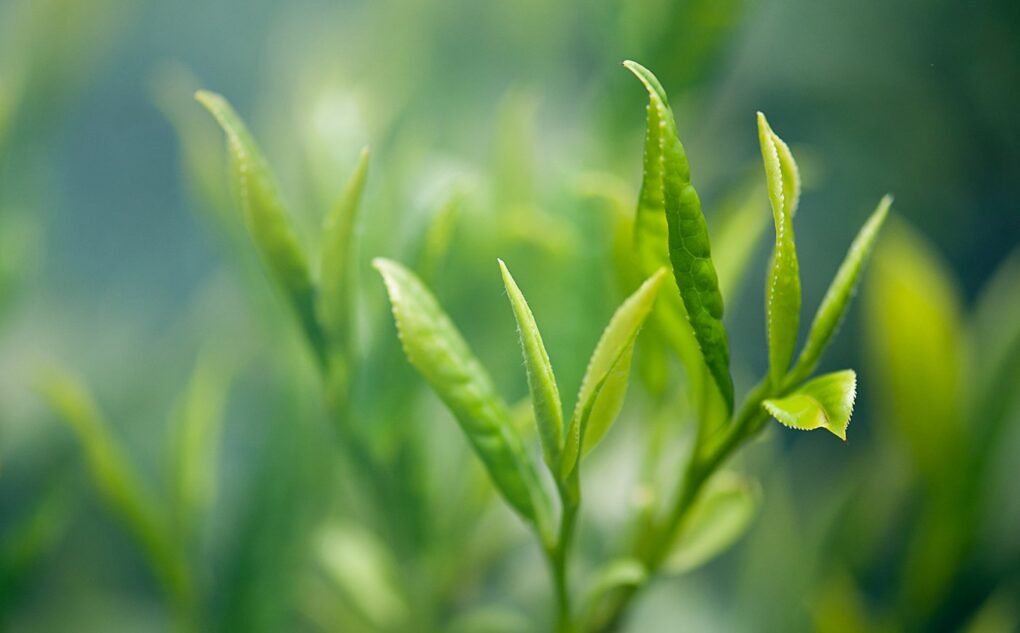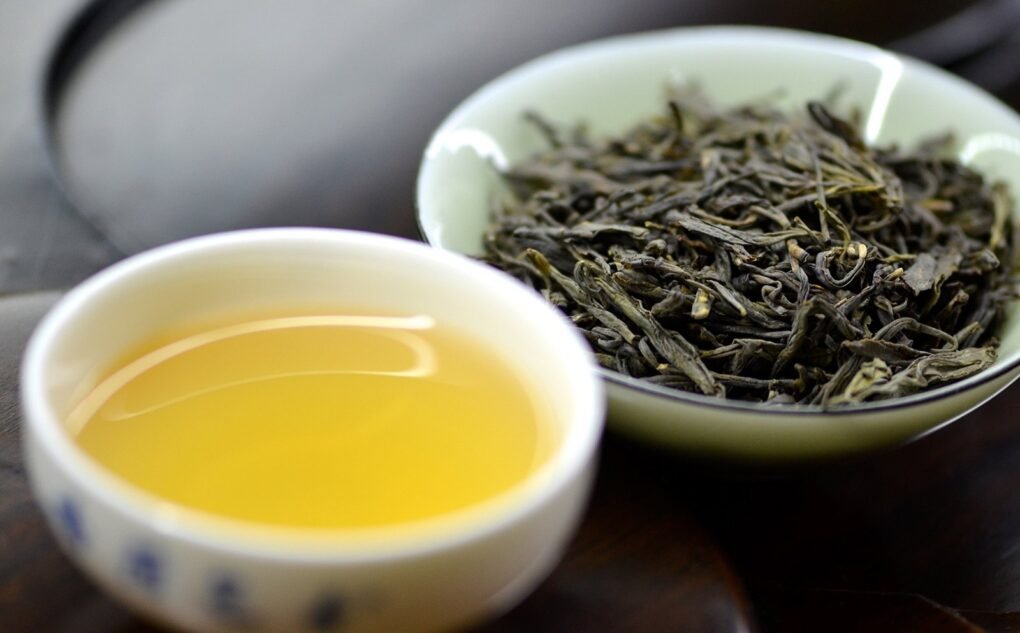

- February 21, 2018
- 408
- 0
The International Tea Conference 2018, held in the picturesque city of Hangzhou, China, brought together experts, enthusiasts, and industry leaders from around the world to discuss the latest trends, innovations, and challenges in the tea industry. The conference was a resounding success, showcasing groundbreaking research, fostering international collaboration, and highlighting the cultural significance of tea. Here are the key results and takeaways from the conference:
1. Innovations in Tea Production and Processing: One of the most exciting outcomes of the conference was the introduction of new technologies and methods in tea production and processing. Advances in automation, precision agriculture, and sustainable practices were discussed extensively. Experts presented cutting-edge machinery and techniques designed to improve the efficiency and quality of tea production while reducing the environmental impact.
2. Health Benefits of Tea: A significant portion of the conference was dedicated to exploring the health benefits of tea. Researchers presented new studies that reinforced the positive effects of tea on cardiovascular health, weight management, and mental well-being. Green tea, in particular, was highlighted for its high antioxidant content and potential role in reducing the risk of chronic diseases. The conference underscored the importance of ongoing research to further understand the health implications of different types of tea.

3. Market Trends and Consumer Preferences: The conference provided valuable insights into current market trends and changing consumer preferences. There was a notable shift towards organic and specialty teas, with consumers increasingly seeking unique flavors and high-quality products. Experts discussed the growing popularity of tea blends, herbal infusions, and ready-to-drink tea beverages. The importance of transparent sourcing and ethical practices in meeting consumer demands was also emphasized.
4. Sustainability and Environmental Concerns: Sustainability was a major theme at the conference, with discussions centered around the environmental challenges facing the tea industry. Participants highlighted the need for sustainable farming practices, water conservation, and reducing carbon footprints. Case studies from various tea-producing regions showcased successful initiatives in sustainable tea cultivation, demonstrating the industry’s commitment to environmental stewardship.
5. Cultural Exchange and Heritage Preservation: The conference celebrated the rich cultural heritage of tea and its significance in different societies. Participants from various countries shared their traditional tea practices and rituals, fostering a greater appreciation for the cultural diversity associated with tea. Efforts to preserve and promote traditional tea ceremonies and craftsmanship were highlighted as essential for maintaining the cultural legacy of tea.

6. International Collaboration and Trade: The conference facilitated meaningful dialogue between tea producers, traders, and researchers from different countries. Discussions on trade policies, market access, and international partnerships aimed to strengthen the global tea industry. Participants emphasized the importance of collaboration in addressing common challenges, such as climate change and market volatility.
7. Future Prospects and Innovations: Looking ahead, the conference set the stage for future innovations and developments in the tea industry. Emerging trends, such as the use of blockchain for supply chain transparency and the potential of biotechnology in tea cultivation, were explored. The conference concluded with a call to action for continued research, investment, and cooperation to ensure the sustainable growth and success of the global tea industry.
Conclusion: The International Tea Conference 2018 was a landmark event that brought together the global tea community to share knowledge, celebrate cultural heritage, and address the challenges and opportunities facing the industry. The insights and collaborations generated at the conference will undoubtedly shape the future of tea production, consumption, and appreciation. As the tea industry continues to evolve, the lessons learned and connections made at this conference will be instrumental in driving innovation, sustainability, and cultural preservation in the world of tea.



